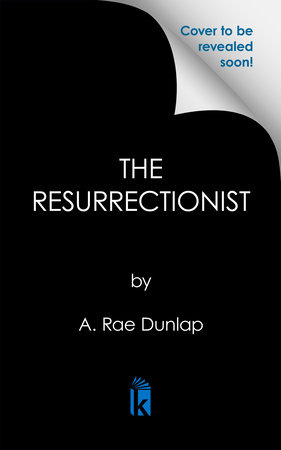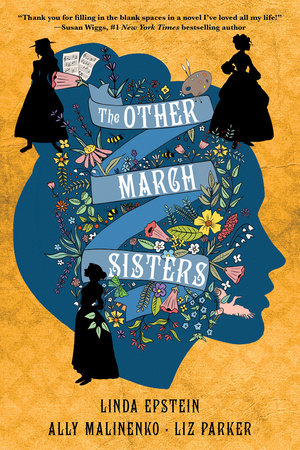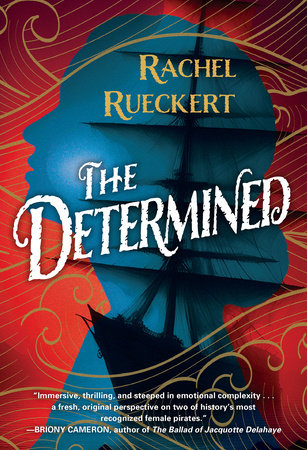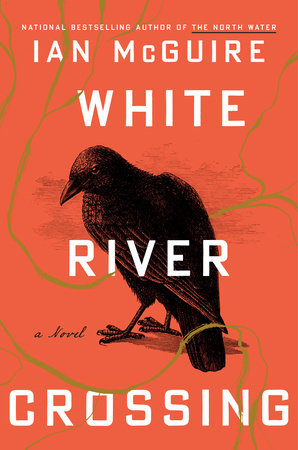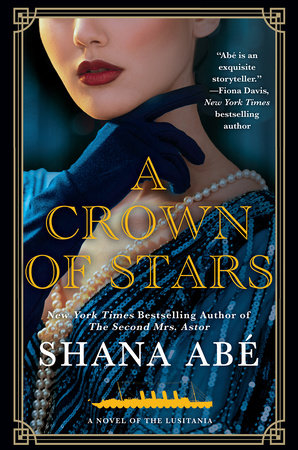“This Tokyo rock novel, first published in Japan in 1983 and here translated by Helen O’Horan, follows a young woman through a world of drugs, music and highly conditional relationships in which the cool kids are emphatically not all right. Suzuki (who died in 1986) is better known as a science fiction writer, for good reason, but Set My Heart on Fire shows her to be a keen observer of the rock ‘n’ roll milieu.”
—New York Times
“Suzuki’s unique sensibility, which combined a punk aesthetic with a taste for the absurd. Her work-populated by misfits, loners, and femmes fatales alongside extraterrestrial boyfriends, intergalactic animal traffickers, and murderous teen-agers with E.S.P.-wryly blurs the boundary between earthly delinquency and otherworldly phenomena.”
—New Yorker
“Suzuki’s distinctly misanthropic voice enlivens these narratives of women whose mundane lives are altered – sometimes humorously, sometimes catastrophically”
—Washington Post
“Suzuki’s tabloid biography is far from the most interesting thing about her. Underneath the troubled “It girl” is an even more troubled and thrillingly ambivalent writer”
—Maria Dimitrova, Daily Telegraph
“The work and messages of Ursula K. Le Guin, the author’s longer-lived contemporary, come to mind. Both Suzuki and Le Guin knew that gender roles are a matter of costume or control, affect or affliction. The terms we use to define humanity are often inhuman”
—Catherine Lacey, New York Times
“Wild and restless … I can’t think of anyone I’d rather read than this countercultural icon of the Japanese literary underground.”
—Frieze
“Suzuki’s full-length Set My Heart on Fire takes place in the counterculture of 1970s Tokyo, full of rock and roll, drugs, and transgression. It’s a world Suzuki knew intimately: the punk icon was deep in alternative music and film scenes during her short but brilliant life. If you like the bang and crash of loud music, and the passion and desire it inspires, you don’t want to miss Suzuki’s writing.”
—James Folta, Lit Hub; Most Anticipated Books of 2024
“This is a novel about rock and roll and the obsession it inspires, set mostly in the quiet, late-night spaces where young people define their world through music….This novel is short and engrossing, and a great addition and counterpoint to Suzuki’s short stories that Verso has already put out. While this novel doesn’t have any of the speculative sci-fi elements of her stories, Set My Heart on Fire has the same dreamy, almost dazed tone.”
—Emily Temple, Lit Hub
“Suzuki blazes new emotional territory in this semi-autobiographical, instant cult classic…Viscerally translated by Helen O’Horan, Set My Heart on Fire follows its narrator, also named Izumi, through Tokyo’s 1970s underground psychedelic-rock scene…A captivating example of Izumi Suzuki’s virtuosic control of language and insight into the heart of gendered power dynamics.”
—Shelf Awareness
“An intimate, candid portrait of a 20-something woman navigating the tumultuous world of music, partying, and relationships in 1970s Japan..Vivid and unflinching.”
—Kirkus Reviews
“Gritty, sexy, and wholly rock ’n’ roll, Suzuki’s first novel translated into English follows 20-year-old Izumi navigating life, love, and music in the underground scene in ’70s Japan.”
—The Millions
“Best known for her short science fiction, Izumi Suzuki’s posthumous novel is a unique and thrilling tale of life and music in Japan’s 1970s demimonde.”
—Nick Mamatas, The Fabulist
“As vivid and visceral as the rock and roll culture it describes”
—AnOther Magazine
“Izumi Suzuki innovatively encapsulates modern anxieties which are born of the standards of yesterday, and which overbearingly coddle the possibilities of tomorrow.”
—Maria Farsoon, The Skinny
“This ‘visceral’ novel transports readers to a very specific time and place, showcasing unusual romances.”
—Best Books of 2024, Radio Times
“This latest slim volume has all the feminist filth and fuckery that I’ve come to love about Suzuki’s style.”
—Karla J. Strand, Ms. Magazine
“Told in her signature elliptic, sometimes abrasive style, which tends to leave much unsaid … though Izumi’s narrative is ultimately mournful, her tragic but tender love story is lifted by Suzuki’s wry, rebellious spirit.”
—Miriam Balanescu, i paper
“An electric time capsule … [Set My Heart On Fire] seems to be an attempt at freezing time right in the moments of wanting”
—Thu-Huong Ha, Japan Times
“A remarkable quest for love and agency in a world that seems to dictate that achieving the former requires a woman to surrender the latter”
—Nirmala Devi, ArtReview Asia
“There is a knowing ennui to the writing, which taps into the disillusionment of 1980s youth culture a la Bret Easton Ellis”
—Claire Allfree, Daily Mail
“Set My Heart on Fire is a novel of lost youth, self-destruction, and the resignation that shadows nonconformity. A failing economy, a falling fervor, a futile future-what is there to do but take things as they come?… Suzuki expresses this helplessness with clarity and lucidity, and O’Horan’s translation carries a matter-of-factness that only hints at the desperation and indignation coursing beneath.”
—Asymptote Journal
“Set My Heart on Fire is what would happen if Joan Didion wrote a tell-all memoir about her alternative, fictional life as a groupie…Even if it was written in the mid-80’s, Set My Heart On Fire was undoubtedly ahead of its time. The ending offers an unsettling vision of women’s liberation in the era of globalization, mass media, and cultural exchange. The novel asks difficult questions about western values, sexual abuse, and the role that technology plays in advancing or stifling patriarchal systems.”
—Max Gray, Chicago Review of Books
“Set My Heart on Fire is a captivating example of Izumi Suzuki’s virtuosic control of language and insight into the heart of gendered power dynamics.”
—Shelf Awareness
“The model’s long-awaited debut novel … Set My Heart on Fire follows a young woman named Izumi who makes her way through Tokyo’s underground bar and club scene in her 20s, not unlike Suzuki herself, who worked as a model and actress during the same era. Chapter titles named after songs by The Zombie, The Supremes, and the Rolling Stones, as well as post-war ennui help cement these 13 tender and candid vignettes in the time.”
—Book Riot
“The tone of Suzuki’s work can feel startlingly contemporary, but it is the texture of her prose that stands out most. Helen O’Horan’s meticulous translation highlights both the beauty and violence in her chilly, sparse language”
—Porochista Khakpour, The Washington Post
“This sparse, intriguing novel follows its narrator through 1970s Tokyo as she navigates her twenties. Written in a series of vignettes about love, regret and music, this is the first novel by the Japanese writer to be translated into English.”
—Kaia Gerber, People Magazine
“Set My Heart On Fire is a remarkable and powerful work that will no doubt increase Suzuki’s literary stature in the anglophone world … it displays her talent for wry observations about the human condition and spell-binding, hallucinogenic writing.”
—Jonathan Thornton, Fantasy Hive
“Set in the swirling scene of ’70s underground Tokyo, it’s an intimate and turbulent portrait of life in the counterculture from someone who experienced it firsthand, with a laundry list of bands you’ll want to immediately put on a playlist.”
—Sara Batkie, Chicago Review of Books
“Instead of stories about spaceships, witches, or dystopian societies, here Suzuki tells her own tale—the dark, semi-autobiographical narrative of a defiant, prescient voice from the fringes of Japanese society”
—Alison Fincher, Asian Review of Books
“Reading Set My Heart on Fire is often gut-wrenching. Reading it feels like trying to discern Suzuki’s psyche, understand her, and figure out her story through her prose. And one often feels one gets too close”
—Frank Valish, Under the Radar
“[Set My Heart on Fire] casts an illuminating, and often disturbing, light on the author herself … a novel that deals with hedonism and sex, undercut with a gnawing sense of loneliness and quiet despair.”
—Genie Harrison, Nikkei Asia
“Izumi’s narrative of chasing love and the next high, only to be met with disappointment, is still sorely relatable.”
—Miriam Balanescu, Scotland on Sunday
“The novel pulses with sex, drugs, and songs. Izumi romps through her twenties, rising above bouts of despair.?”
—The Hudson Review












